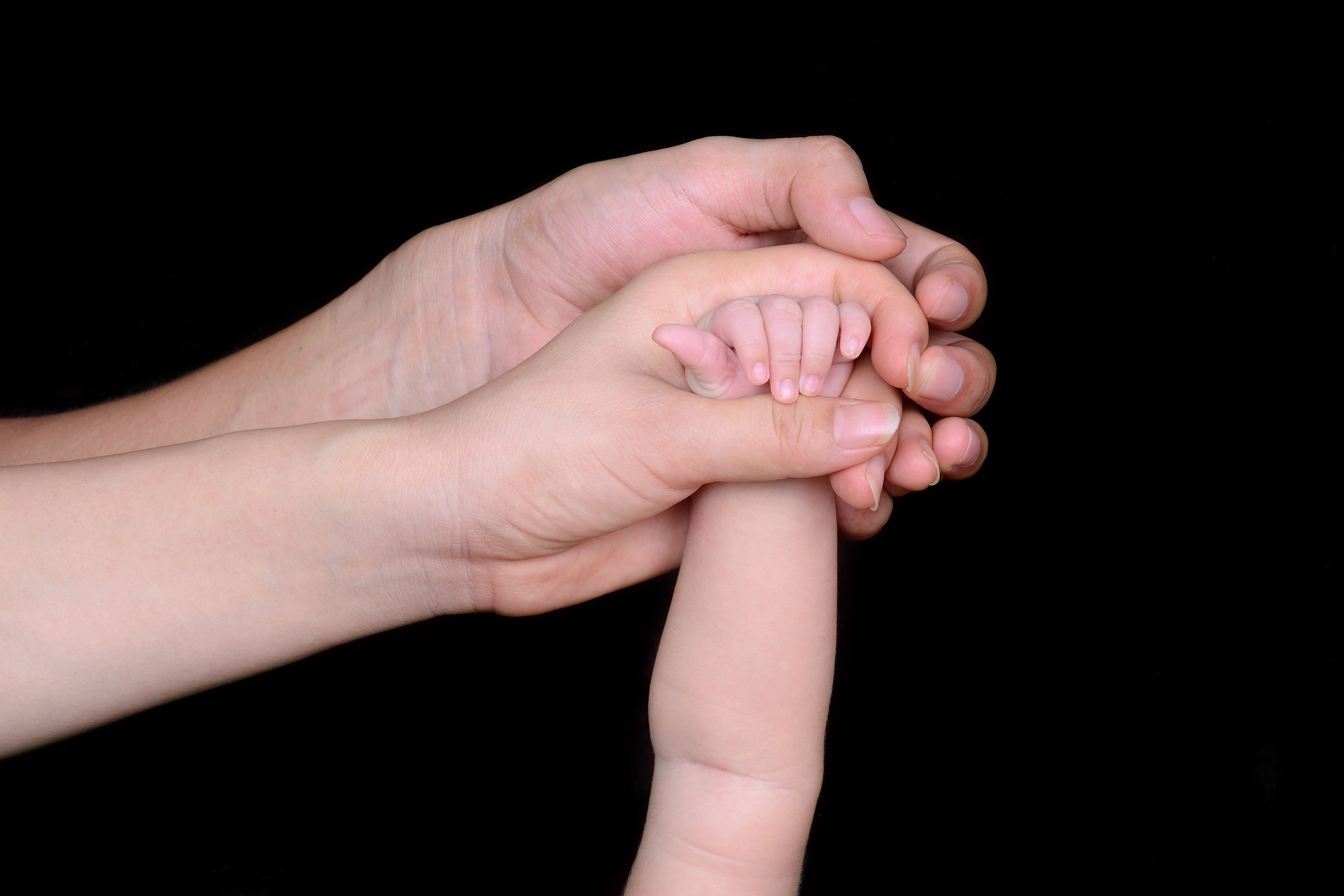When a couple gives birth to a child, a lot of things change. While I’ve seen many couples manage this well, I have noticed some struggle with this change. In this short post I intend to talk about this change and what I’ve seen successful couples do to deal with this change.
If you aren’t a new father but know someone who is, do share this article with him. Will you?
A quick disclaimer: I’m not a baby expert or a childcare practitioner or a doctor. And all of what I’m writing here is based on my personal experience. So take what works, and leave the ones that don’t.
For starters, becoming a father felt so different to me as compared to how my wife took on motherhood. The story I tell to convince myself is this:
Women becoming mothers through birthing a child is also aided by an orchestra of hormones that naturally make them feel and act like mothers. But men don’t give birth (we are lucky that way!), and that also makes things tough IF we are not naturally empathetic towards our wives.
Now that’s just my personal feeling. Maybe I’m right…or maybe I’m not.
Just a few years back, I experienced this first hand.
Our son was born on a fine December morning 6 years back. It took me a few weeks before could realize and come to terms with fatherhood.
Quite contrary to my expectation, my wife told me it was a strange feeling for her too. But as the doctors said, there is so much going on between the mother and the baby that the bonding starts to happen naturally. And it did.
The Missing Piece In This Experience.
And while the mommy and sonny were bonding, I was left to imagine and hope to see those “daddy feelings” pop in from somewhere magically.
So if you are a new father, I want to tell you that it’s perfectly OK if you don’t have those “daddy feelings” yet. It will, so long as you do some of what I talk about in the rest of this post.
It’s About Two People Now.
First thing is to understand that your focus has to be on two things: baby and the relationship with your wife.
A mother of a young baby is often stressed beyond limits. Feeding mothers have even higher stress levels. Ignoring this fact can lead to long term resentment and at times even a strained relationship.
This was more in my wife’s case, as she had to go through a C-section. Thanks to my in-laws, my wife managed to deal with the situation well.
From Spectator to Being a Player.
I was a mere spectator for the first few days. Darn those “daddy feelings” took time to kick-in!
So here are just a few things I want you to consider for the first year (and beyond!).
Dear new daddy – these will help you make your relationship stronger with your wife, and help you experience fatherhood better:
- A little compassion and empathy will go a long way. Tell your wife every once in a while how much you appreciate what she’s doing. Thank her for holding the fort and offer to her help by preparing a meal or cleaning or something your wife really will appreciate.
- Pamper your wife in doing something by herself (while you offer to take care of the baby) – shopping, spa, salon for a hair wash, pedicure and manicure (there are plenty of home services to help you here). Give her a voucher.
- Do a movie date on a weekend.
- You know your wife’s likes and dislikes – do more of the former and less of the latter. She likes surprises? Surprise her with flowers. She dislikes messiness? Surprise her by cleaning up the house (and houses can get pretty messy with a baby around).
- Offer to take care of the baby during the night. It’s not just her job to lose sleep. It’s after all your kid too, as much as it’s hers.
- On a related note, stop planning or relying on grandparents to take care of your kid all the time. While joint families in countries like India can lend a helping hand, it’s you who needs to give full support.
- Do all of the above, no matter what your wife thinks about your actions. She may think you suddenly got weird, but that’s okay. She’ll appreciate it.
- Finally a word about health. Get blood tests done after a year of child birth. Feeding mothers need good food and often good supplements too. Dip in levels of vitamins like D3 and B12 and other essential parameters are commonly observed.
Did I do all of these? I tried to. Do I still do them? I try to. Isn’t this a great way to get my wife to pop-in in the comments and tell the truth? 😀
It’s Your Turn.
If this post was helpful, leave a comment and tell me how it helped you. I’m not a doctor or a medical practitioner or a relationship therapist. I’m just another daddy…like you… who once waited for those “daddy feelings” to pop-in from somewhere.


